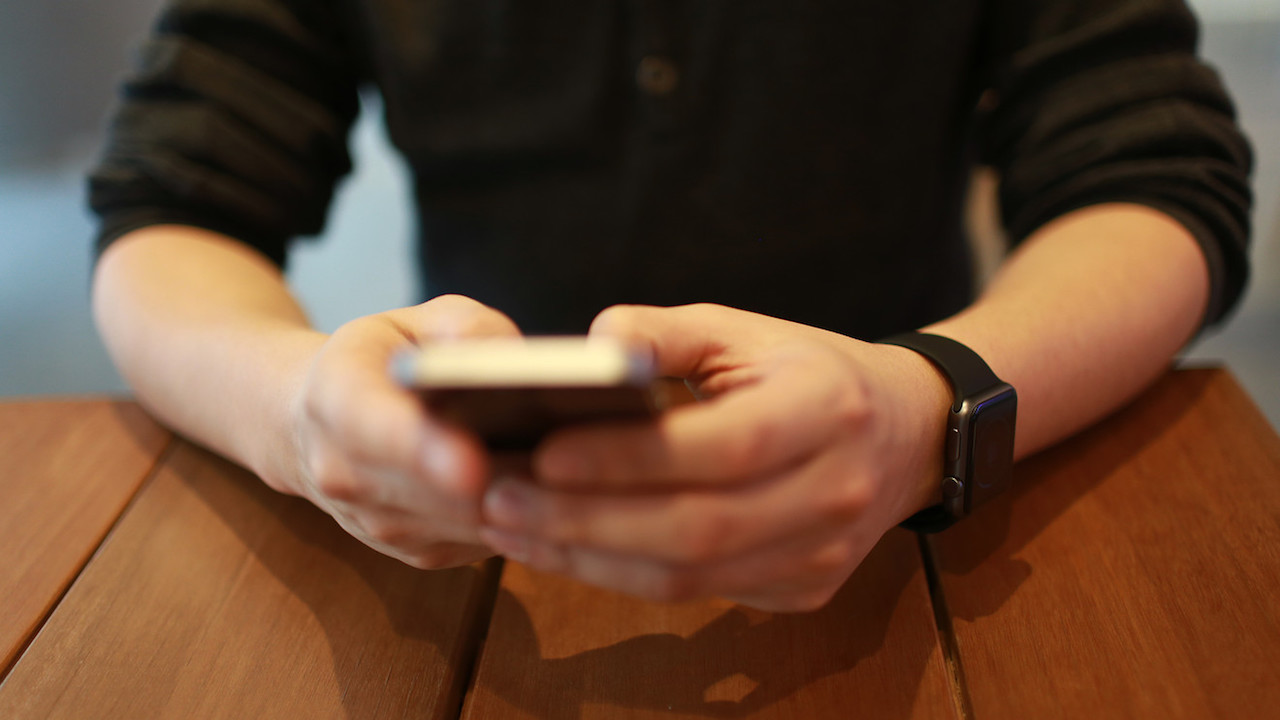In Singapore, there’s a general understanding that we never truly grow up until we leave the nest. For most of us, this happens after marriage when we move into our first homes. Things start off hard, but eventually, we learn what doesn’t belong in the laundry. We learn to actually enjoy vacuuming and mopping.
As adults, we basically learn to compromise. We realise that we can’t do or have everything. We understand the importance of prioritising: family time, wine time, career time. Everything finds its place.
This, at least, is what’s supposed to happen. But what if it didn’t?
Singapore-based Butler in Suits is the latest home management app looking to cash in on the on-demand economy. Its CEO, 24 year-old Poon Da Qian, told e27 that the app goes beyond connecting you with house cleaning services. Its ‘butlers,’ he said, can even buy food, make trips to the supermarket, and collect your mail.
Most importantly, Butler in Suits guarantees quality. Unlike ‘other services’ that require your presence at home to oversee the work, Poon’s service providers are completely trustworthy.
Which is all fine. Yet I wonder, how many of us are really too busy to even collect our own mail?
The on-demand economy has given us apps like Uber and GRAB. They save us time and keep unnecessary frustrations at bay. But for others that facilitate non-essential conveniences, do they truly improve our lives?
the bulk of us over-estimate how busy we really are; we never learn to hold ourselves accountable for the ways in which we waste our own time
Poon argues that millennials today are busier than ever. From working longer hours to the time spent on social media, there’s always something to do. Chores take up time that could be better spent doing something else.
While some of us are genuinely busy raising families and running companies, the truth is that the bulk of us over-estimate how busy we really are. We spend inordinate amounts of time on social media and checking our notifications. We do these things between doing everything else, and over time, they agitate us and slow us down, eventually adding to the sense that there’s never enough time to get things done.
What we then perceive as being busy, is really just distraction. It’s no surprise since we’re constantly being bombarded by digital stimulus. Consequently, we start making excuses for the things we now find too exhausting or time-consuming. We never learn to do the adult thing, which is to hold ourselves accountable for the ways in which we waste our own time.
I mean, let’s face it. How many of us spend the first moments of waking up every morning on Instagram when we could be making breakfast instead?
Services like Butler in Suits then become a way of dodging responsibilities, not dealing with them. If you already spending too much time on Facebook and Netflix, re-claiming chore time will just see you spending even more time on Facebook and Netflix.
If you already lack discipline and believe yourself to be busier than you really are, more free time won’t equate to time used in a meaningful way.
it’s worth asking: do these apps make us better people?
The problem is that apps like these make it easy for us to remain in a state of perpetual adolescence. They provide easy solutions so we never have to think about the importance of duty or compromise.
“But what if I want to be useless?” you might counter. What if you just want someone to do your shit so you can spend more time playing video games?
That’s fine. But is this who you really want to be? In its own subjective way, companies like Butler in Suits do improve our lives. They remove, for a fee, obstacles we don’t want to deal with on our own.
All the same, it’s worth asking: do these apps make us better people?
Food delivery services, for instance, have their place. Yet many young couples resort to them on a regular basis out of sheer inertia. Instead of walking to a coffee shop nearby, they settle for soggy, lukewarm meals at inflated prices.
Does the net convenience of having something brought directly to them now allow for more time with their parents or learning something new?
Well, we all know the answer to that.






